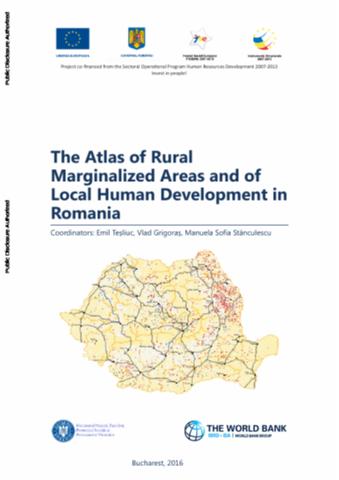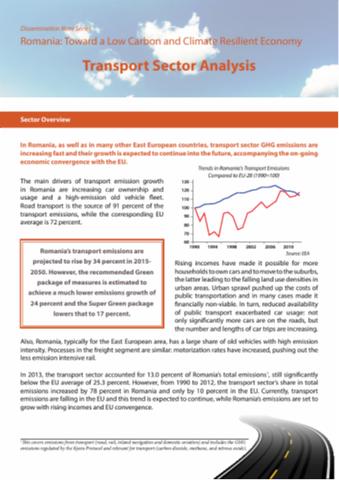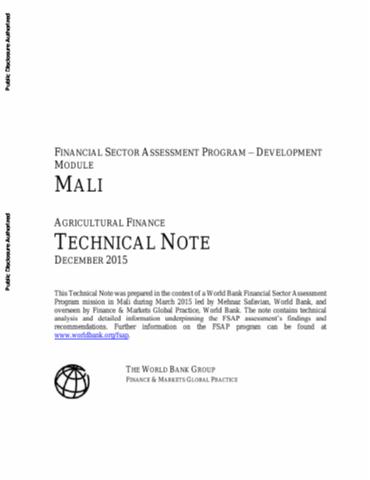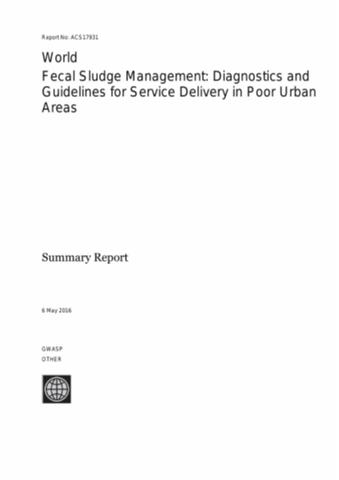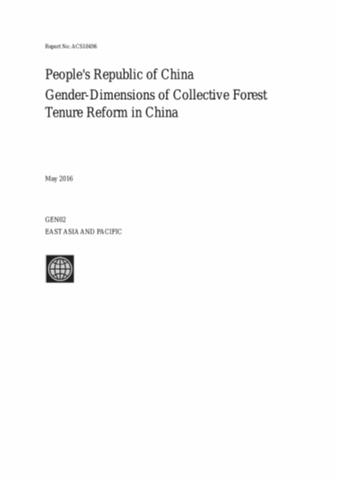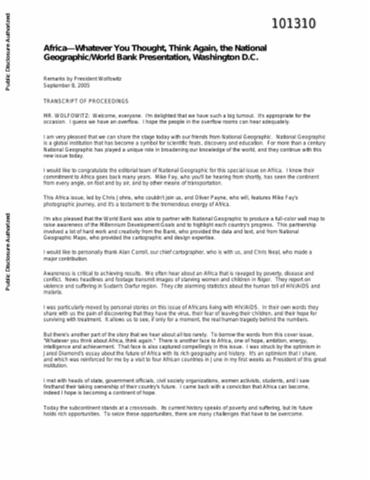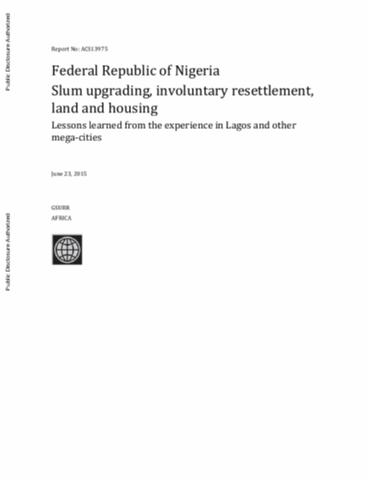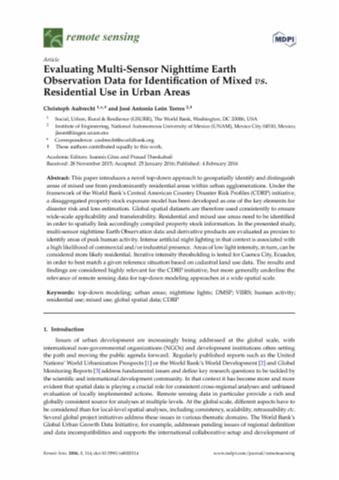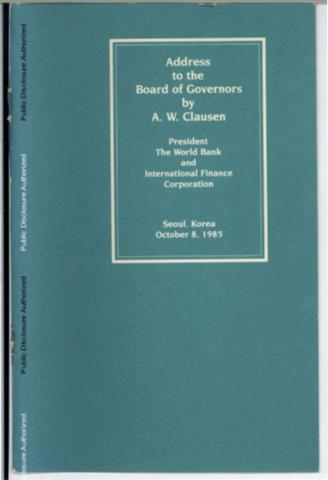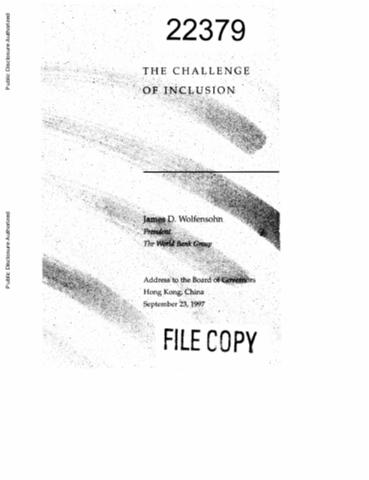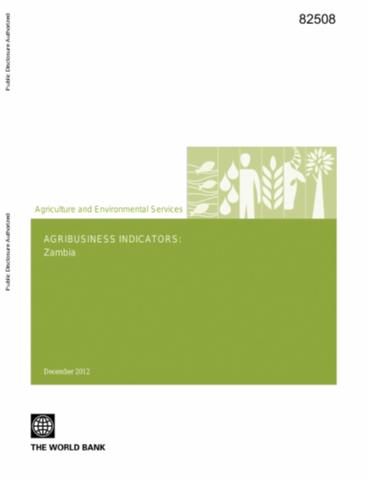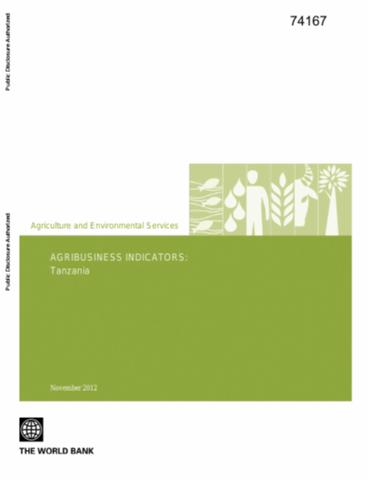The Atlas of Rural Marginalized Areas and of Local Human Development in Romania
Romania aims to be a country in which all citizens are provided with an equal opportunity toparticipate in society, where their basic needs are met and their differences respected, and whereall people feel valued and can live in dignity.Our society is still far from this ideal. One in every five Romanian people is income poor. Most of the people living in relative poverty in Romania are in persistent poverty, meening that they have been in poverty for at least the last three years.

